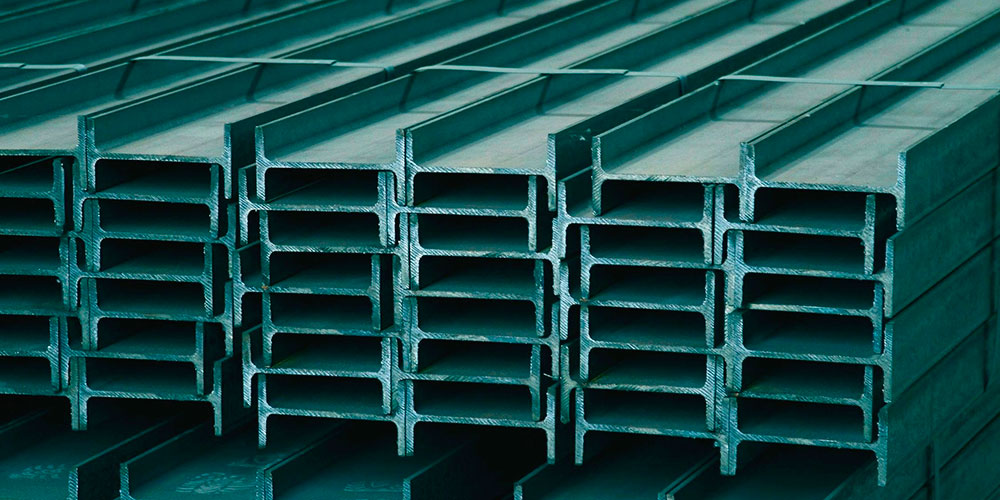European steel prices are expected to strengthen further as steel shortages are likely to continue with the European Union’s proposed extension of safeguard quotas on steel imports into the EU, sources told S&P Global Platts June 14.
The EU notified the World Trade Organization June 10 that it is proposing to extend steel safeguard quotas for three years, with a 3% annual liberalization of quota levels. The current safeguards system, which has governed imports into the EU since 2018, is due to expire on June 30 after three years in operation. The EU has invited market reaction to the proposal by June 18.
Market participants showed mixed reaction June 14. While most sources expected safeguards to continue, exporters to the EU and buyers of imports were hoping for a 5% increase in quota levels to combat the current steel shortage that is gripping Europe.
European buyers expect shortage to continue
“I think it will be difficult for the economy, Western European mills are obviously not able to cover the demand in Europe,” said a German stockholder. “An increase of 3% makes absolutely no difference. Southern Europe will be most affected, they are very addicted to imports normally and if they’re blocked, especially in Italy – with the Ilva issue, it will be difficult for them to cover their full demand,” the source added.
Italy, a market that usually relies on imports, has been seeing a shortage in coils products especially as Acciaierie d’Italia, the ex-Ilva plant in Southern Italy, has not been producing at full capacity.
“The decision is surprising because we thought that due to the general situation in terms of raw material and increased domestic prices, we were expecting some opening on imports in order to balance the demand of steel which is very unbalanced,” said an Italian reroller source. “For sure steel buyers will not welcome this measure because definitely it’s difficult to understand in such an environment how we can keep imports under such discipline. Buyers will need to adjust their strategy.”
European hot-rolled prices have been plateauing with some downward tendency as of late, though prices are still at historical high levels. The daily Platts assessment for HRC stood at Eur1132.5/mt EXW Ruhr June 14, having surpassed its previous, June 2008, high of Eur800/mt in March this year.
The weekly Northwest European rebar assessment stood at Eur800/mt EXW Northwest Europe June 11, close to its all-time high at Eur815/mt during June and July 2008.
“This will bring more fire into the market – two weeks of pricing stability but confident with safeguard decision coming – market will react with more return of buyers and prices will increase,” the Italian source said.
Exporters to EU unsurprised
Veysel Yayan, general secretary of Turkish Steel Producers’ Association (TCUD), called the proposed extension of the safeguards “protectionist,” against free trade rules, and a demonstration of an inconsistent attitude on the part of the EU.
“While they are negotiating with US for the removal of the trade barriers, they are extending the barriers against us unfairly,” the general secretary said. Turkey’s steel industry, where production capacity is currently being expanded, is set to be one of the most impacted by an EU safeguards extension.
A Turkish agent said that Turkish exporters could still sell to alternative export markets in the US and Latin America, but that European buyers will feel the consequences of limited availability.
“European buyers will have a problem – HRC prices are very high and they have left the market to Arcelor,” said the agent.
Another Turkish trader said exports will continue “as usual” and that an expected European Commission anti-dumping investigation into hot dipped galv imports from Turkey and Russia to the EU would be troublesome for exporters.
— Laura Varriale, Amanda Flint, Viral Shah and Staff






